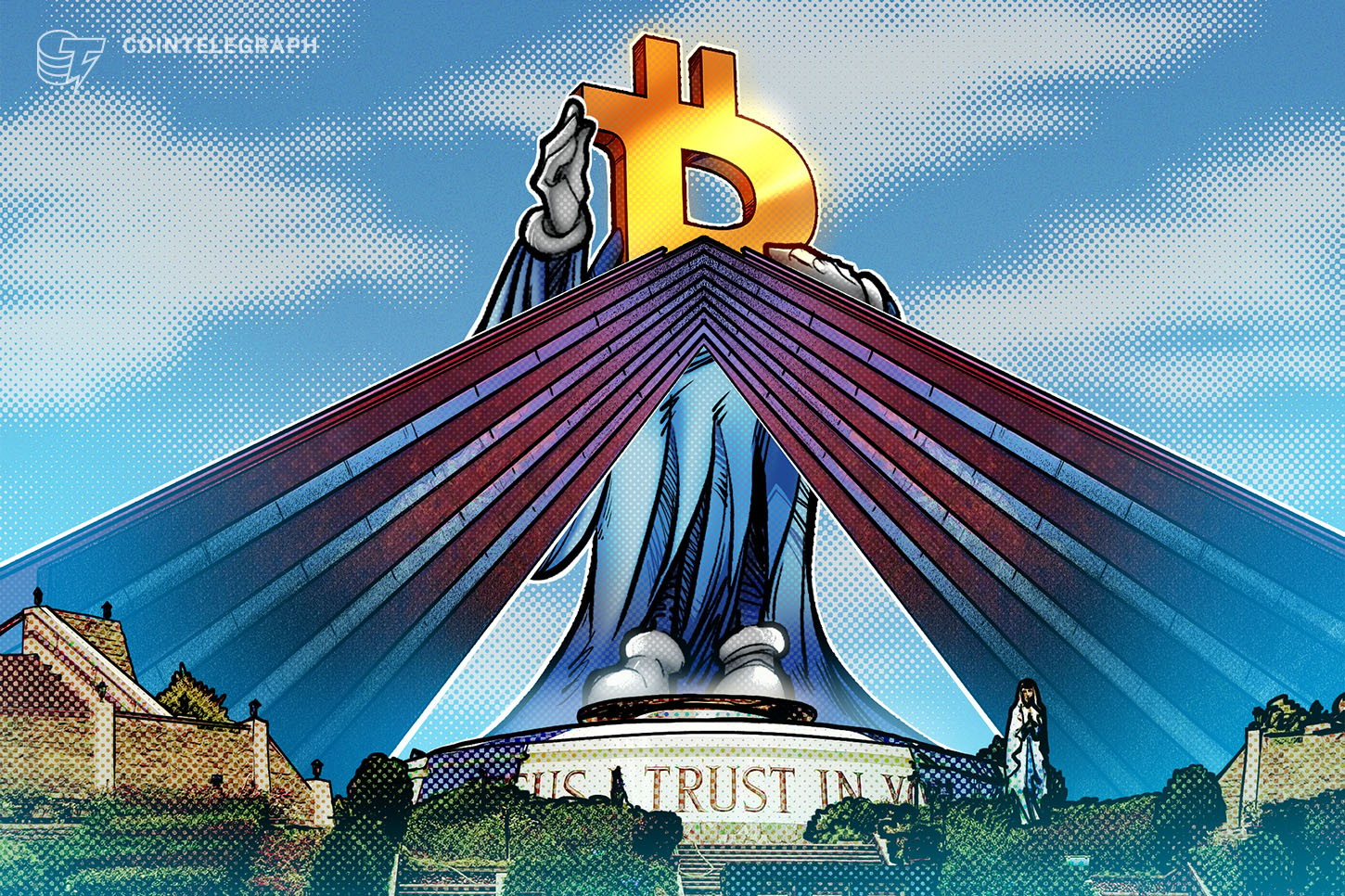Businesses in El Salvador have been slow to adopt Bitcoin (BTC) ever since the country famously recognized the digital asset as legal tender in September 2021, according to a recent survey by the Salvadoran Chamber of Commerce.
Of the 337 companies surveyed between Jan. 15 and Feb. 9, only 14% said they had transacted in BTC since the Bitcoin Law came into effect. Over 90% of the companies indicated that Bitcoin adoption in the country has had little impact on their sales.
Seventy-one percent of the companies surveyed were micro or small businesses, 13% classified as medium-sized enterprises and 16% were large companies.
While the low adoption rate may appear underwhelming at the surface, El Salvador has been on the United States dollar standard since 2001. Unlike the currencies of other emerging economies, El Salvador’s primary medium of exchange is not prone to exchange-rate volatility. Even in this environment, more than one-in-ten businesses in the country reported Bitcoin usage over a five-month period.
Salvadoran President Nayib Bukele has put Bitcoin near the center of his economic growth strategy even as institutions like the International Monetary Fund and Moody‘s Investors Service have warned against embracing the flagship cryptocurrency. In January, Moody’s analyst Jaime Reusche opined that Bukele’s Bitcoin gambit could undermine his country’s sovereign credit outlook.
2022 predictions on #Bitcoin:
— Nayib Bukele (@nayibbukele) January 2, 2022
•Will reach $100k
•2 more countries will adopt it as legal tender
•Will become a major electoral issue in US elections this year
•Bitcoin City will commence construction
•Volcano bonds will be oversubscribed
•Huge surprise at @TheBitcoinConf
Related: Tourism in El Salvador up 30% since Bitcoin adoption, minister says
Nevertheless, El Salvador is moving forward with its crypto strategy by issuing $1 billion worth of Bitcoin bonds. Also known as Volcano Bonds, the proceeds of the sale will go toward funding Bitcoin City, a fully functioning metropolis that will harness geothermal energy to mine the digital asset.
Bukele is scheduled to speak at the upcoming Bitcoin 2022 conference, where he has promised a “huge surprise.”


